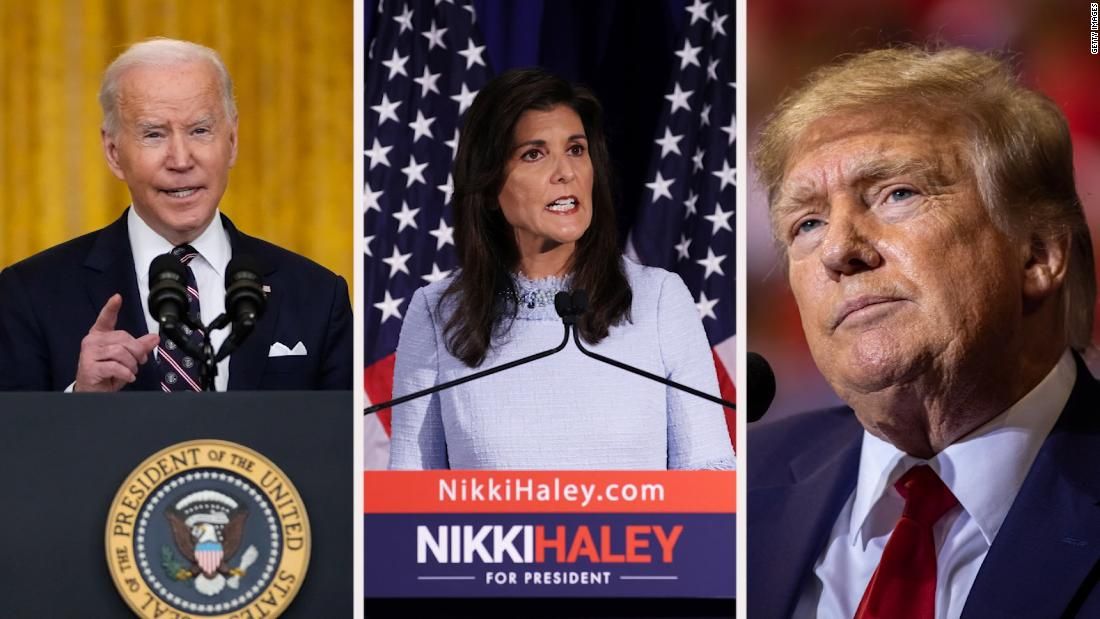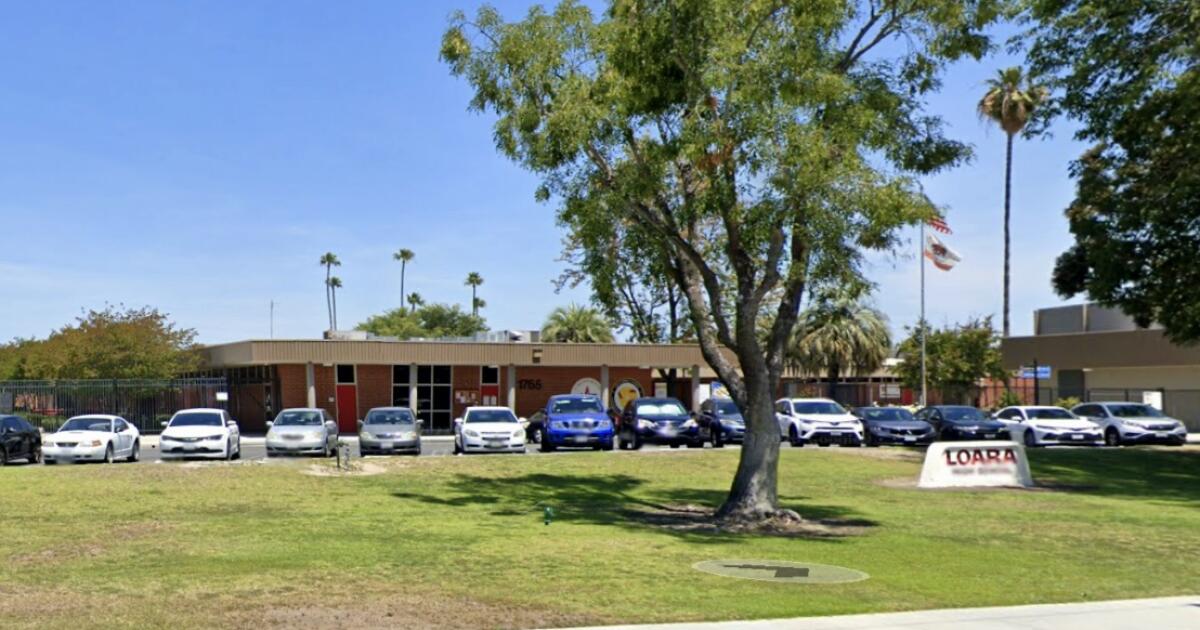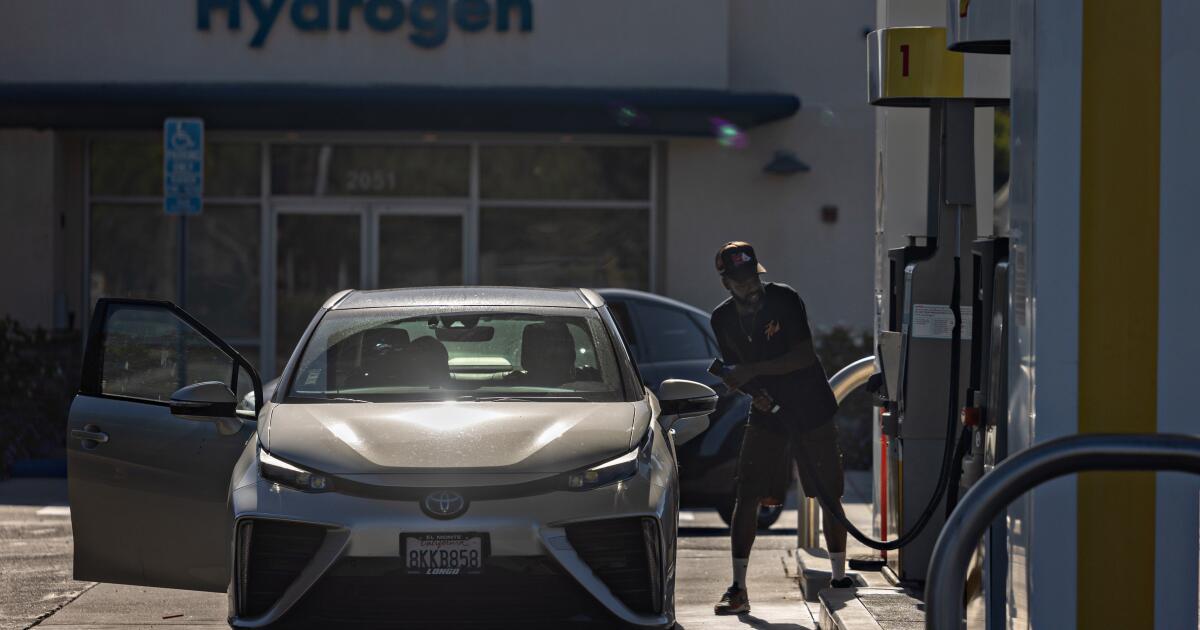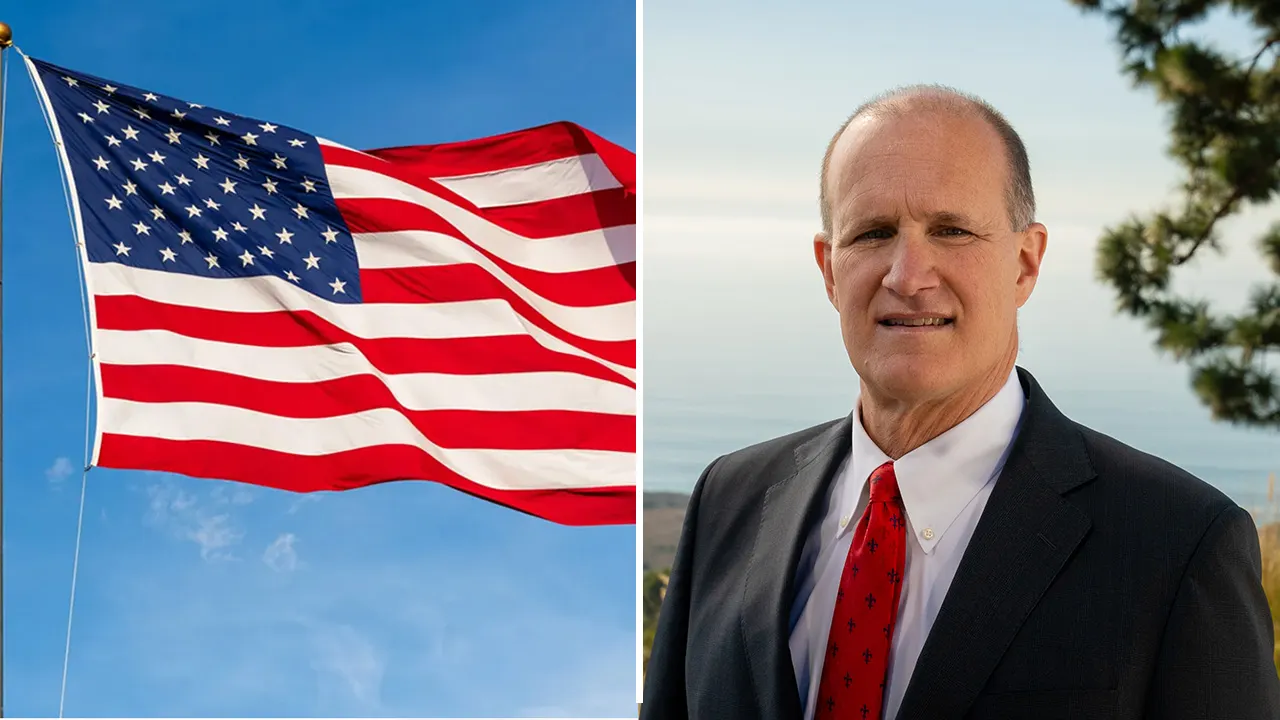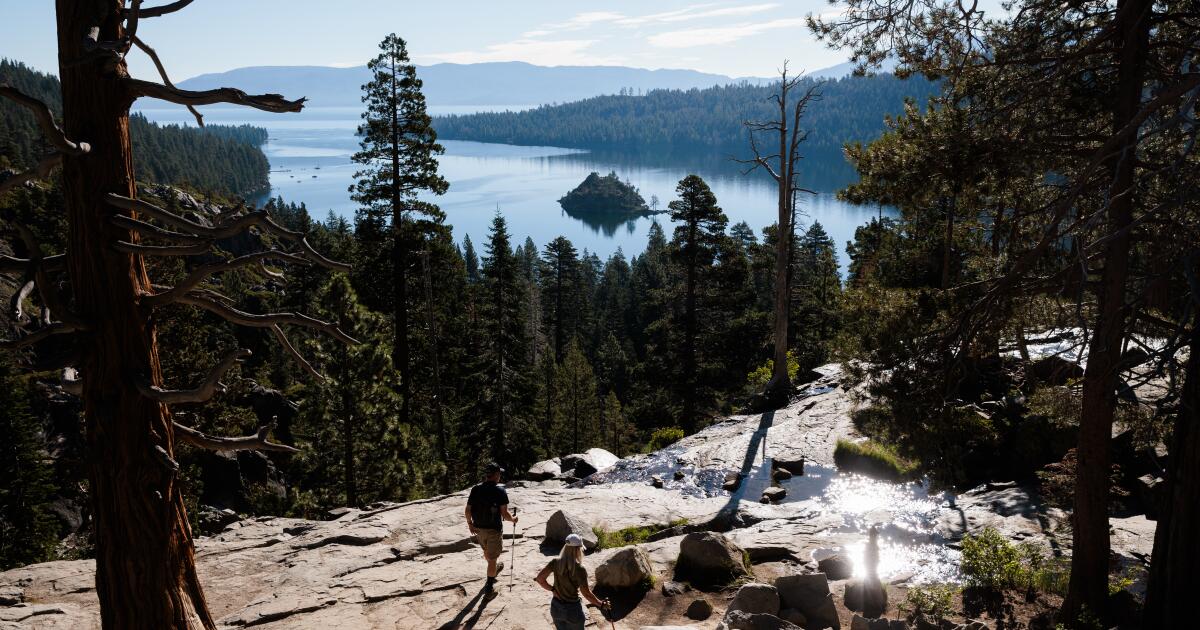Former President Donald Trump has an advantage in the Republican presidential primaries, but the process is far from over. Next up is the South Carolina primary, which will take place on Saturday. Here's what you should know:
Candidates: Among the main candidates is Trump, the current favorite to win the Republican nomination for the third consecutive presidential election. His main rival is former South Carolina Gov. Nikki Haley, who also served as U.S. ambassador to the United Nations during part of Trump's tenure as president.
Who can vote? South Carolina's primary is open, meaning any registered voter can participate in either the Republican or Democratic primary, but not both. The Democratic primaries took place in early February. President Joe Biden won easily.
If Trump wins in South Carolina, will the primaries be over? Not technically. Ultimately, 1,215 delegates will be needed for Trump, or anyone else, to secure the Republican nomination. Only 50 delegates are at stake in South Carolina. Heading into the South Carolina primary, Trump has the advantage with 63 delegates to Haley's 17. So there is still a long way to go. The largest number of delegates will be up for grabs on Super Tuesday, March 5.
Why was the Democratic primary held on a different date? South Carolina has an unusual practice of allowing each party to choose the date of its presidential primaries, and they are usually held on different days. Democrats wanted South Carolina to be the first big event on their calendar. It's the state that revived Biden's campaign after early losses in Iowa and New Hampshire in 2020 and is much more diverse than either of those traditional first two states. Biden won the Democratic primary on February 3 with more than 96% of the vote.
What are the demographics of the state? According to the 2020 census, the state was about 62% white, about a quarter Black, and almost 7% Hispanic. But Republican primary voters are overwhelmingly white. When Trump won the South Carolina primary with more than 32% of the vote in 2016, just about 1% of GOP primary voters were black.
Here it is what else to know about the South Carolina Republican primary

